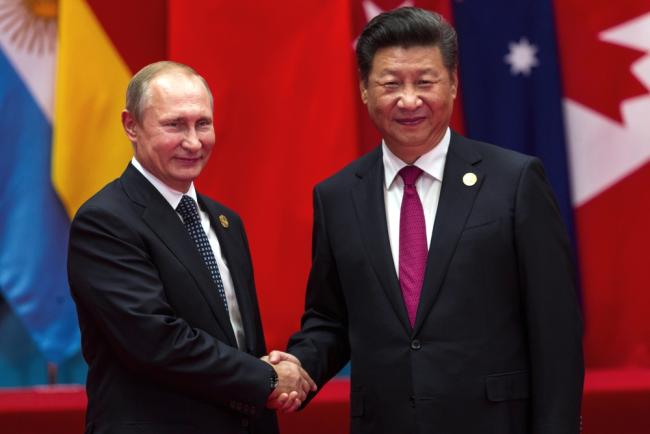Space Observation for the Environment: Europe's Ambitions after the Washington Summit
After the Earth Observation Summit in Washington (July 2003), Gérard Brachet in this report describes the growing responsibilities of the European Union and invites France to continue to play a major role in Space observation for the environment.

Available in:
Share
Download the full analysis
This page contains only a summary of our work. If you would like to have access to all the information from our research on the subject, you can download the full version in PDF format.
Space Observation for the Environment: Europe's Ambitions after the Washington Summit
Find out more
Discover all our analysesChina-Russia Cooperation in Space: The Reality behind the Speeches
China-Russia cooperation in space has been increasing for the past two decades. This cooperation accelerated after the Crimea crisis in 2014 and culminated with the announcement in 2021 of the joint construction of the International Lunar Research Station (ILRS).
Space in a Changing Environment: a European Point of View
The development of European space activities has long been pursued under the framework of the European Space Agency and other national space agencies. More recently, the emergence of the European Union as a new actor for space has paved the way for a series of initiatives and opportunities.
Governing the Geostationary Orbit: Orbital Slots and Spectrum Use in an Era of Interference
Outer space, particularly in the telecommunication sector, is benefiting and becoming accessible to more and more actors. But with this trend comes also a reality that is every day more compelling: no meaningful development can be achieved without a clear, stable and predictable interference-free environment for the use and control of all satellites that depend upon ready access to radio frequencies and appropriate geostationary orbital slots to function properly.






